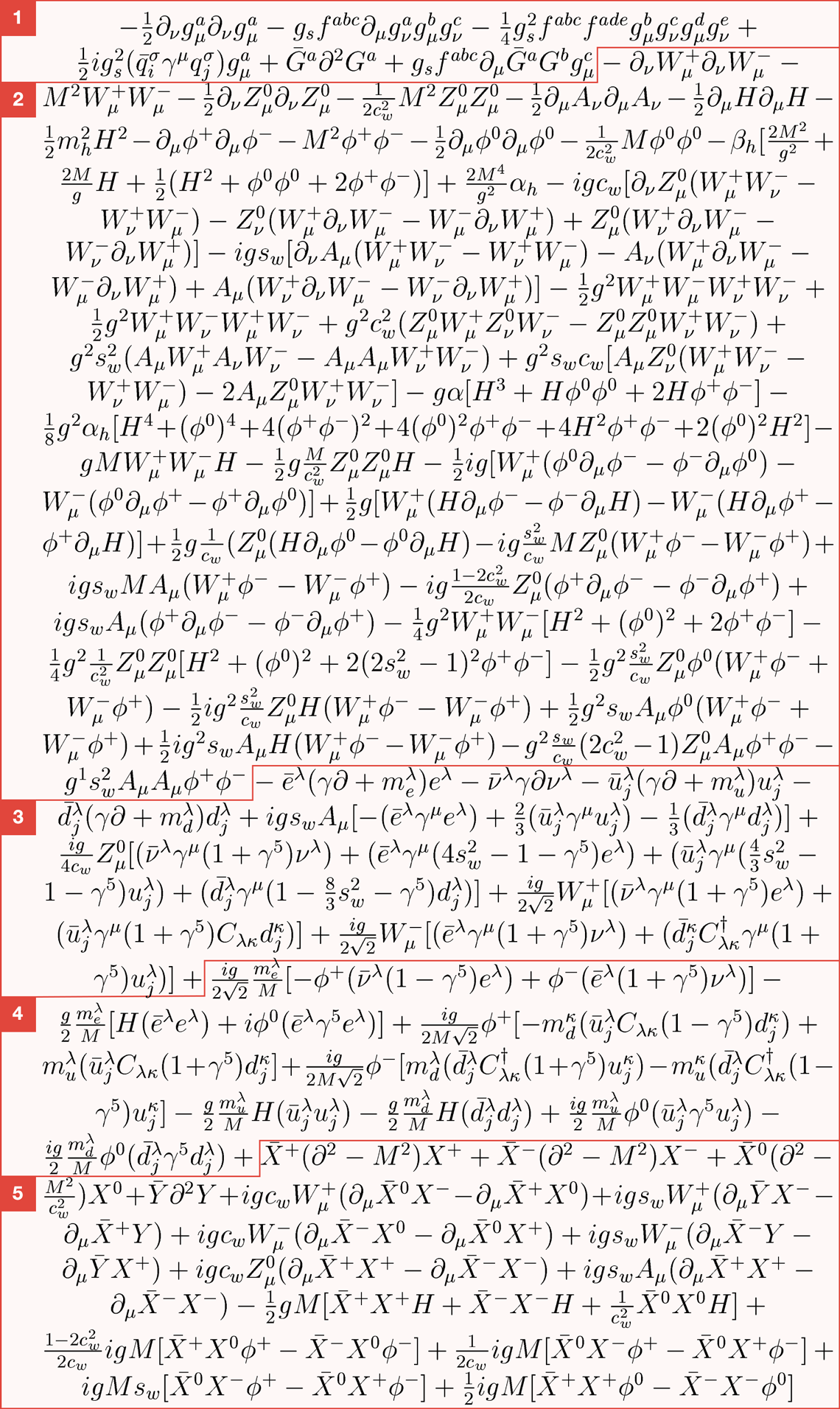Meh .. its a work in progress .. no absolutes in any of it .. there's always room for change in the light of new objective results .. (provisional and contextual).
In the case of dark matter and dark energy, if you were
to ask me do I
believe that such exists, then all I could say is that it seems to be our best current model.
Does that mean I
'believe in it'? Absolutely
not. Nor does it mean I believe there isn't dark matter or dark energy. It means it is simply not a matter of
belief at all, and if I do choose to form a belief on that topic,
no one else should even care.
So you see why I would also even reject the concept of an
'informed belief'? That's exactly what your (implied) hypothetical question was asking there; if I had
an informed belief that dark energy and dark matter were real, but it's the wrong question, in science/Physics.
The right question for the scientific (Physics) thinker is
'does your experience and expertise lead you to regard dark energy/dark matter (etc) as our best current model?', and then their answer would be
'yes', which they can then say without having to stop and ponder just what you were actually asking there and why you would care!
Wrong thread to start arguments about Abiogenesis.
See the one I started here, which contains a pretty thorough, up to date, testable hypothesis in the OP.
Y'know I'm not of the mindset to play endless games dancing around the meaning of the word
'evidence' (as though science has (somehow) staked some kind of claim to what
'evidence' must, or must not, be) .. thus, maybe surprisingly, I can easily consider
'theistic evidence' within theistic contexts, should I have the time and inclination to do that.
You are welcomed to support your objectively untestable 'arguments' in theism, until we're both blue in the face, but all we'll ever demonstrate there, when arguing over which is real and which isn't, is two differently thinking mindsets: one which starts from assumed posits
believed as being real, (theistic), and a scientifically thinking one following the scientific (objective) method, in order to justify our respective
meanings we want to assign to
'what's real' (and what isn't).
Not sure of the point in doing what's already perfectly obvious to me .. (in crystal clarity), though .. which is that differently thinking minds add meaning to our human mind concept denoted by the term
'reality'.
(Re: My underline): Yes .. both require human minds thinking in different ways in order to give meaning to words:
'exists',
'what's real',
'is', or
'reality' .. with those minds both being normal, healthy and
human.
.. err .. or, more like: adding meaning to what science means when it uses the term
'universe' (which is based on any kind of objectively obtained, repeatable test results/observations) ..
We more or less expect that model to be updated (based on objective observations from past data, that it has changed before .. many times).
Science doesn't
'believe' anything ..
people do that .. and when they think in scientific ways, they add meaning to the scientific concept of
'reality' (which is what I call 'Objective Reality' .. in order to distinguish it from the other way of doing it: aka
by believing in posited truths).



 .
.